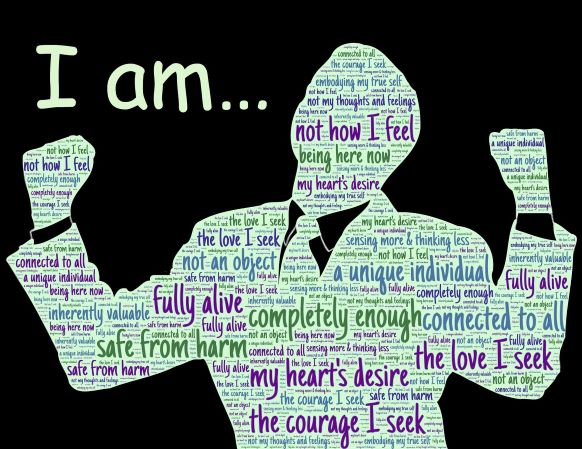It would be no overstatement to say that one of this modern world’s most pervasive worldviews is that of humanism.
The American Humanist Association defines humanism as “a progressive philosophy of life that, without supernaturalism, affirms our ability and responsibility to lead ethical lives of personal fulfillment that aspire to the greater good of humanity.” As the term implies, humanism is the reliance upon the human self. When this is coupled with secularism then God is eliminated from the determination of the moral values we live by. Secularism is broadly defined as the view that neither religion nor religious considerations have a place in society—whether in politics, economics, ethics, or moral judgment. Even those who claim to be Christian humanists or religious humanists are essentially secular. The AHA refer to this as “human-oriented faith.”
This approach can easily be identified in God’s Word. Adam and Eve evidenced a “human-oriented faith” as they leaned to their own desires and ate from the Tree of the Knowledge of Good and Evil – disobeying a divine command. Their actions and the actions of those following them could only lead to an increasingly secular humanist approach.
It is, therefore, little wonder that the youth of today face uncertainty in the area of morals. They are growing into adulthood in a thoroughly secularized world. Not only are their cultural and educational environments secular, but in many cases their family’s religion and their associated practices are also quite secular. Young people are, in large part, provided with precious few moral guidelines on which to base decisions. Rather, they are encouraged to decide for themselves what is moral—what is right and what is wrong—and to use their own judgment based on little more than what “feels right” at the time. We can be thankful that it does not have to be this way for young people in God’s Church because they have access to the moral compass which God provides in His Word through His Law.
In spite of how people have tried to portray God through the development of man-made religions and concepts, He remains who He is: the Revealer of Truth and of the way we can live to fulfill our human potential. We are told that “the counsel of the LORD stands forever” (Psalm 33:11). This means that God has an overall plan for humanity that is sure. Within that plan He has provided a moral basis for human life so that we can understand His Law, live by it and thus be happy. If that is not the case with us personally, then maybe we are not seeing or understanding the moral foundation God has clearly set forth and revealed in the pages of the Bible. King Solomon proclaimed, “Where there is no revelation, the people cast off restraint; but happy is he who keeps the law”—that is, the perfect law of God (Proverbs 29:18).
Solomon understood the need for young developing minds to have a solid reference point for directing their lives. He made it clear that from his vast experience with life, God’s law clearly provides that much needed reference point. “My son do not forget my law, but let your heart keep my commands; for length of days and long life and peace will they add to you…Trust in the Lord with all your heart, and lean not on your own understanding; in all your ways acknowledge Him, and He shall direct your paths” (Proverbs 3:1,5).
As we walk the path of life, we need to understand what is going on in the world around us and be aware of the false and ungodly worldview perspectives that are so prevalent. If we observe keenly with a godly perspective, it will be clear that those paths do not lead to happiness and fulfillment, no matter how appealing they are to the mind. King David’s advice is still very relevant for us today. “How can a young man cleanse his way? By taking heed according to Your word” (Psalm 119:9).
Brian Orchard


